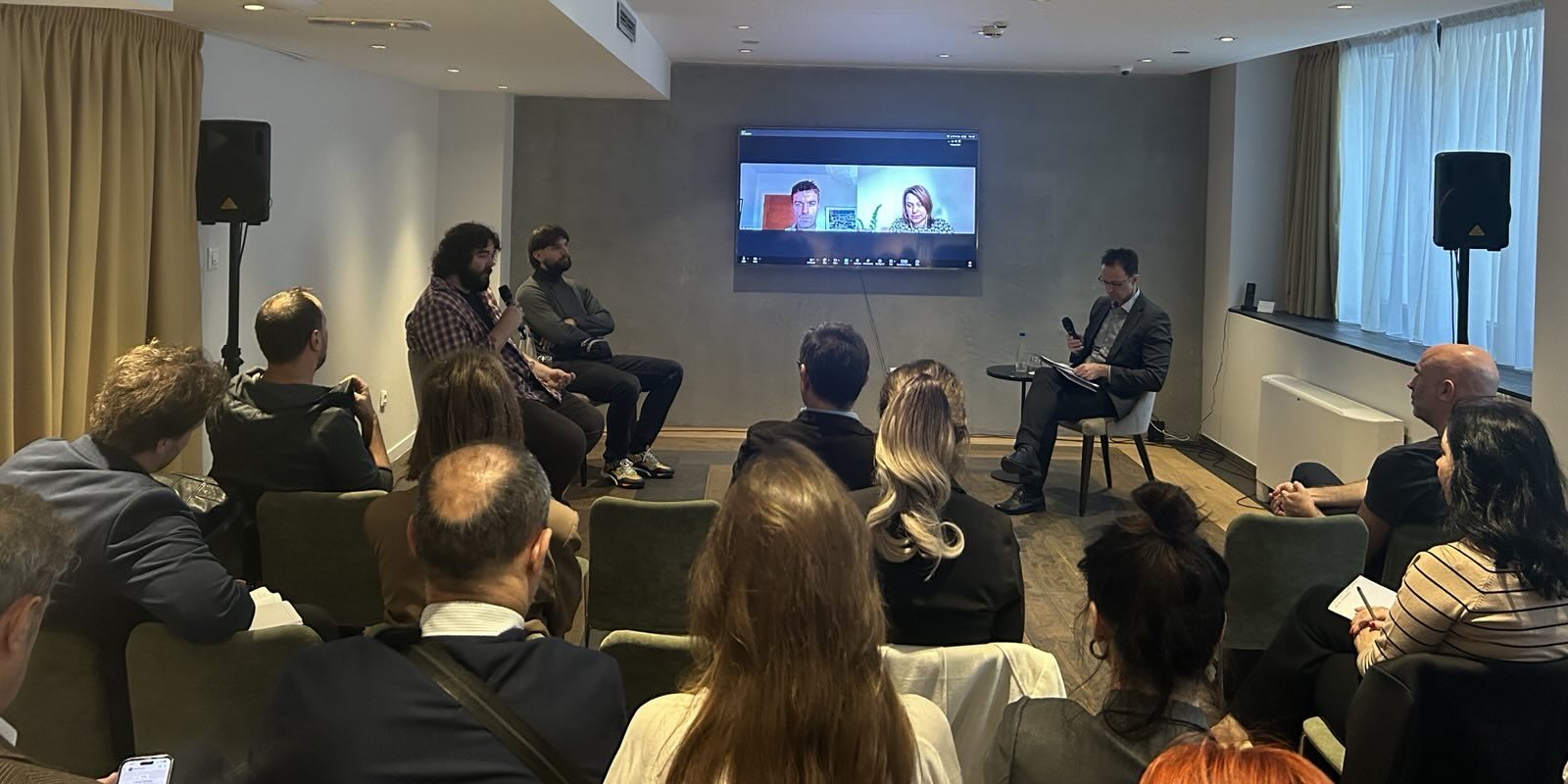SHARE
News:
Improving the skills of A-COP group for researching police corruption
{image1}What is – in real life – police corruption in Serbia, and which are the most practical „tools“ for researching this phenomenon, these were some of the topics at the first training for representatives of the A-COP group. Participants of the treninig held at Mokra Gora, from 31 May to June ...
{image1}What is – in real life – police corruption in Serbia, and which are the most practical „tools“ for researching this phenomenon, these were some of the topics at the first training for representatives of the A-COP group. Participants of the treninig held at Mokra Gora, from 31 May to June 2, were also representatives of the Internal Affairs Sector (IAS), and the Centre for Investigative Journalism of Serbia (CIJS).
The concept behind the workshop was to share as much practical „tools“ for researching police corruption as it was possible; and to have participants find out, from representatives of the IAS, what is – in real life – police corruption in Serbia. All presenters insisted on sharing practical knowledge and insights, providing “food for thought” and inspiration to A-COP members preparing to undertake case studies.
Opening workshop’s second day of programme, Sasa Djordjevic attempted to find out to what extent police’s organisational culture can be considered as the “birthplace” of corruption. This was followed by a panel in which organisations’ representatives freely discussed with the IAS.
The main issues Internal Affairs Sector faces
{image2}IAS representatives have highlighted following issues: insufficient resources, both human (in four regional centres of this Sector approximately 100 police officers are currently employed, while actual needs have been assessed to a four to six times greater number) and material (necessary for purchasing more modern, primarily surveillance equipment); and omissions in the human resource management, as with the apparent failure to bring back the mentoring system for police officers who have just entered the service. Another risk is seen in the expected transition to so-called prosecutor-led investigation, in light of the existing capacities of both prosecutor’s office and the police in Serbia. After presenting three cases from IAS more recent practice, panellists stipulated how they are counting on citizens’ support, that each and every citizen decides for him/herself, but that once they start cooperating with the IAS, they must remain persistent; otherwise, they are only helping the “bad guys”.
Advanced search of the publicly available databases
Most of workshop’s programme was led by CIJS’s Branko Cecen, Bojana Jovanovic and Stevan Dojcinovic, who presented part of the experiences they have gained while working on award-winning researchon the connections between organised crime and politics. At the same time they offered a rare insight into their skillset: how to establish and maintain sources of information; what are the elements of a good interview; as well as what can be achieved by using the right to access information of public importance. Finally, in a practical exercise with other workshop participants, numerous possibilities for research offered by publicly available databases in Serbia were thoroughly investigated.
BCSP’s Executive Director Predrag Petrovic conducted a presentation of elements that any case study – being a complex research method – must entail. This was followed by a discussion where representatives of the A-COP Group presented their ideas and suggestions for case studies, and were provided with feedback by BCSP team. Workshop was concluded with signing of Statement of Intent, expressing A-COP Group members’ willingness to contribute to fight against police corruption in practice.
Next workshop will be held from 20 to 22 June. The focus will be on increasing the communication and advocacy capacity of the A-COP group in order to raise visibility of project results.
The report was prepared by BCSP Researcher Marko Savkovic
Tags: ..., &bdquo, &ldquo, corruption, group, improving, participants, police, police corruption, practical, representatives, research, researching, sector, serbia, skills, workshop
RELATED

Date: 04.11.2025.
Author: Belgrade Centre for Security Policy
At the panel discussion “Freedoms Under Pressure: Civil Society and Digital Oversight in Serbia and Abroad”, organised by the Belgrade Centre for Security Policy (BCSP) on 31 October in Belgrade, speakers warned that digital surveillance and spyware use are rapidly becoming tools of political control in Serbia and across Europe, posing severe risks to human rights and democracy.

Date: 18.09.2025.
Author: Belgrade Centre for Security Policy
The Civil Committee for the Protection of Human Rights Defenders and Whistleblowers calls on the competent Public Prosecutor’s Office to immediately act upon information about an alleged plot to assassinate student Pavle Cicvarić, as publicly stated on Informer television by Siniša Vučinić, a member of the Main Board of the Serbian Progressive Party.

Date: 30.06.2025.
Author: Belgrade Centre for Security Policy |
The Belgrade Centre for Security Policy (BCSP) strongly urges the Ministry of the Interior of the Republic of Serbia to immediately cease the excessive and unlawful use of force against peaceful demonstrators. Security forces must treat all citizens equally, act in accordance with the law and strictly follow service regulations during any intervention.


